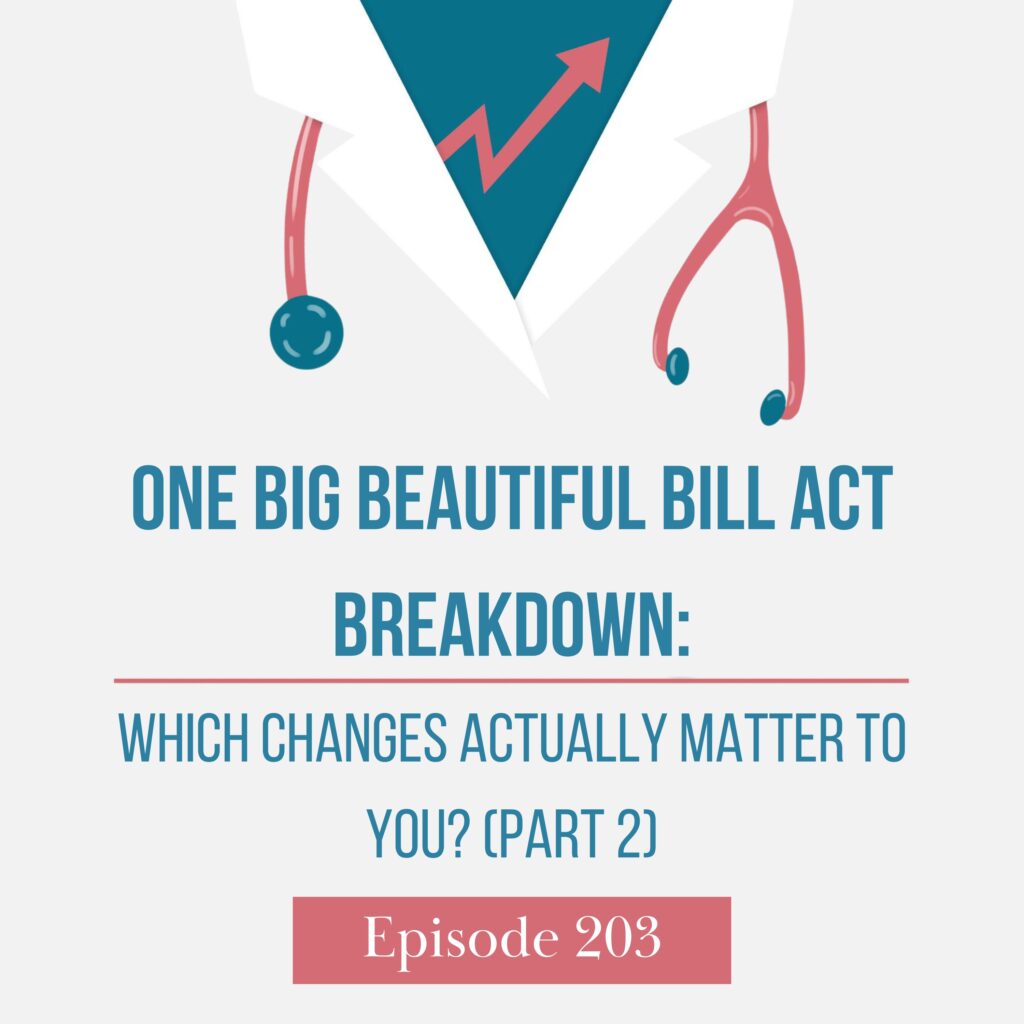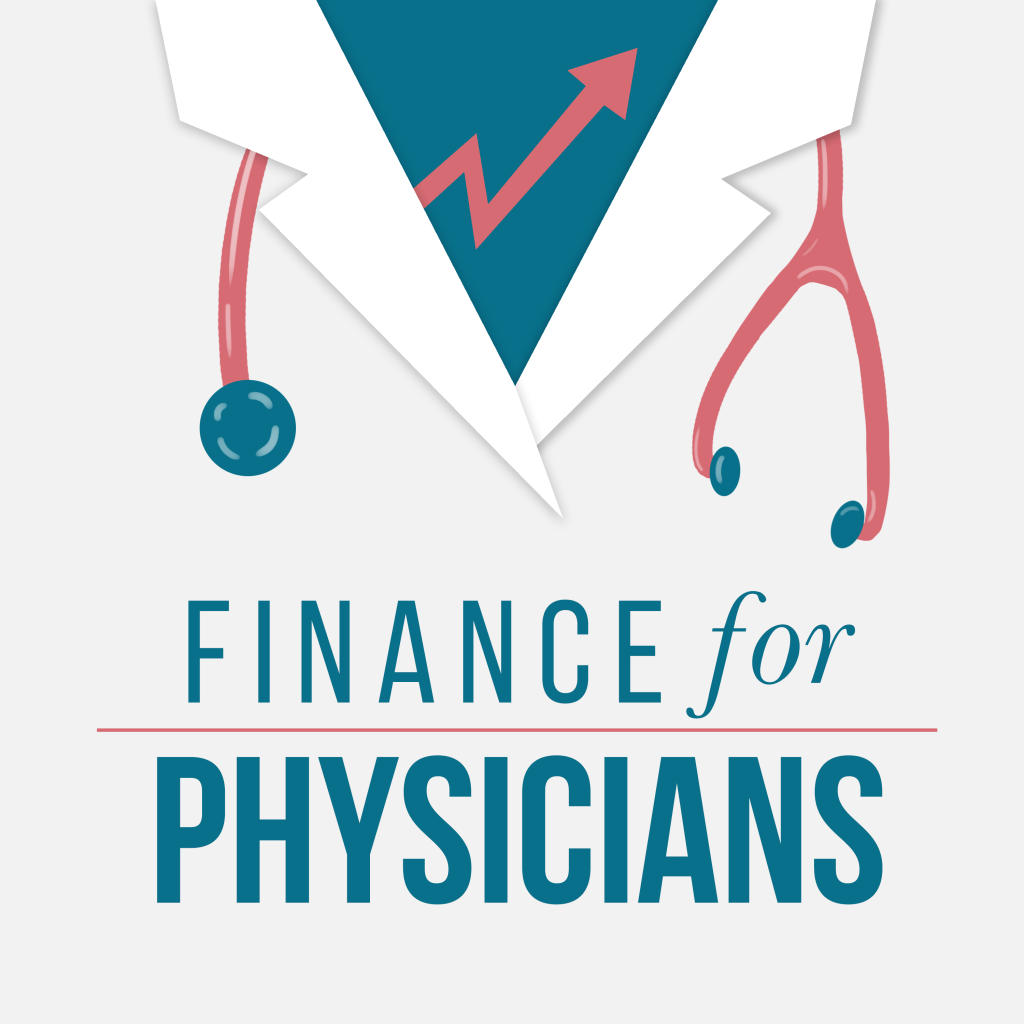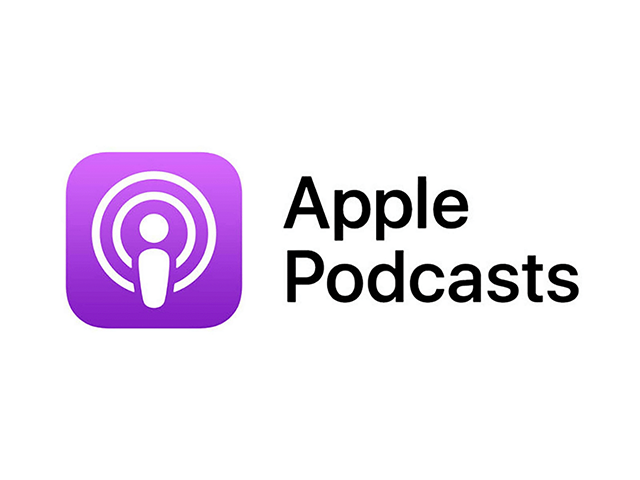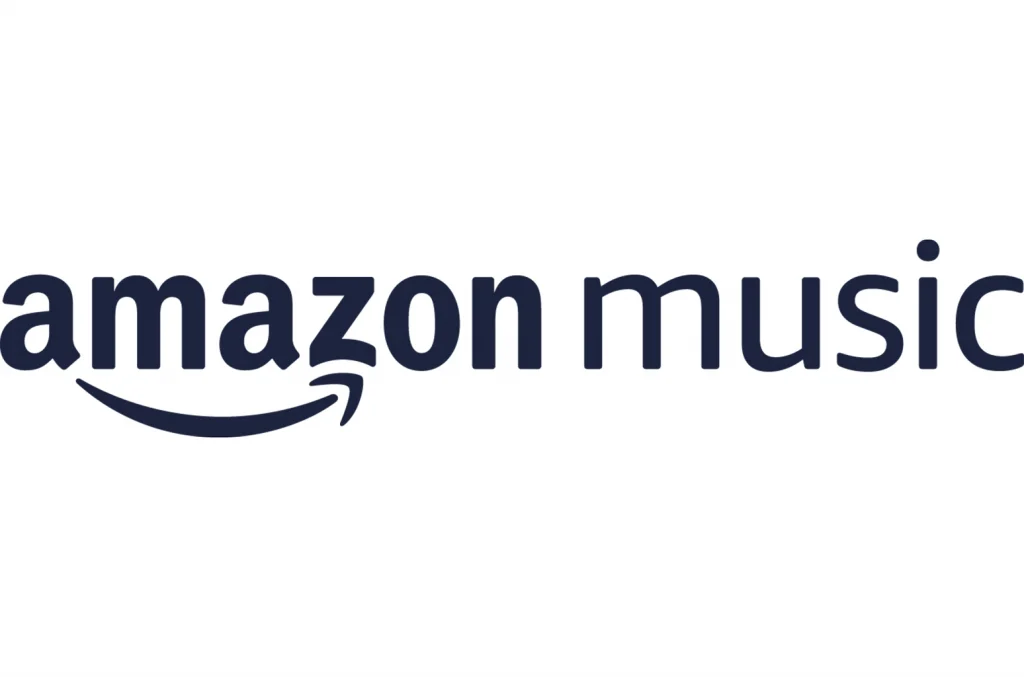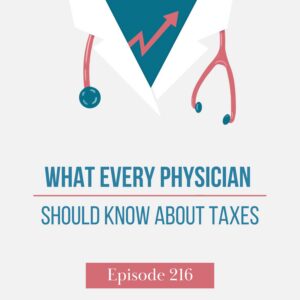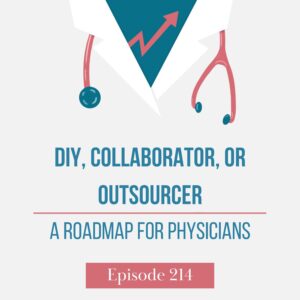We’re back for Part 2 of our deep dive into the One Big Beautiful Bill Act (OBBBA), this time covering the updates that could open new opportunities for your finances.
Listen in as we break down what the bill means for physicians when it comes to QBI deductions, tip and overtime income, Trump/MAGA accounts, expanded 529 plan uses, and new HSA rules.
You’ll hear what’s actually worth paying attention to and where a little-known provision might give you a real tax break.
—————————————————————————————————————————
Transform your financial outlook today! Access our exclusive free resources for physicians and conquer financial stress. Access here. P.S. We value your opinion! Share your thoughts and insights with us. Your feedback helps us improve and tailor our content to your needs. Click here to give us a piece of your mind.
Links
- Vitals Check: Your Money Game Plan for Post-Residency Life course link: https://courses.financeforphysicians.co/pages/vitalscheck
- Use code PODCAST for 50% off (valid through August 31st)
- One Big Beautiful Bill Act Breakdown: Which Changes Actually Matter to You? (Part 1)
- Connect with Heather Lovallo
- Connect with Jeff Wenger
- Connect with me on my LinkedIn
- Contact Finance for Physicians
- Finance for Physicians
- To schedule a call with one of our awesome planners, book HERE.
Full Episode Transcript:
Daniel Wrenne: Hey, guys. Welcome back. So this is gonna be Part 2 of our recent conversation on the new tax law that has recently been passed. If you haven’t listened to the first part, make sure to check that out. Today, we’re gonna be covering several things. There’s a lot in this new tax bill, but we’re gonna cover what we’ve determined are some of the most relevant points.
So today we’re gonna be getting into things like the new Trump accounts, changes to the 529 plans, and HSA changes. We’ll also talk about tips and overtime income and how it might or might not affect physicians—in particular,—physicians in training. We’re gonna dive into that here in Part 2 today.
Welcome to Finance for Physicians, the show where we help physicians like you use money as a tool to live a great life. I’m your host, Daniel Wrenne, and I’ve spent the last decade advising physicians on their personal finances with the mission to help them understand that taking control of their finances now means creating a future where they can practice medicine where, when, and how long they want to.
Daniel Wrenne: All right. Who’s talking about the QBI? Is this me talking about this one? Or do we have a volunteer?
Heather Lovallo: Oh, would you like to talk about it, Daniel?
Daniel Wrenne: I just don’t see it.
Jeff Wenger: You just sound so excited about it, Daniel.
Heather Lovallo: I think you set yourself up for this.
Jeff Wenger: Yeah, don’t disappoint us now.
Daniel Wrenne: Yeah. Well, the QBI thing, this is not relevant unless you’re a business owner.
So a private practice, say you’re a partner in a private practice. Or even if you’re an independent contractor, likes a lot of emergency medicine, for example, or locums jobs are 1099, so independent contractors. So this change is relevant for that crowd. So if you guys are in that boat, it’s potentially a slightly better setup.
So basically, there’s this deduction you can take, an extra deduction on top of everything we’ve already talked about, where if you’re a self-employed person or a business owner. So it’s 20% of what the QBI, that’s what QBI stands for, Qualified Business Income, which is its own calculation we’re not gonna go into, but when you have this QBI income, which is most of the time the scenarios which I’ve already mentioned, you’re able to deduct another 20% of that income, so that’s a really good incentive for business owners. But there’s some limitations on service businesses, so physicians are in that boat of a service business, so it limits the de deductibility of that for service businesses. And it’s a phase-out range.
So if you make above a certain threshold, let’s say you’re a physician that owns a practice and you make a million dollars a year, you can’t deduct any QBI ever, and you wouldn’t have been able to before, and you won’t be able to after. On the other hand, let’s say you’re more like $500,000.
Yeah, that’s the big difference. So 394 to 494 was what it was before. Instead of a hundred. So that’s $100,000. So if you were making 394 to 494 and you have a business, that would be the period of income where you’re less able to take this deduction. So if you’re above 494, you can’t take any of it.
So what the O-B-B-B-A, OBBBA, I’m gonna start using Jeff’s OBBBA. That was gonna phase out. That was gonna sunset, is that the right word as well? That was gonna go away as well. That was set to expire—there we go—next year as well. So this new tax law extended that. Or made it permanent.
And so that part is a big thing if you’re eligible for it. And then the other thing it did is it increased the phase out from a $100,000 to $150,000 for married couple or from 50 to 75 for a single. So that’s a big deal if you’re in that sweet spot. So I was throwing out $500,000 as an example, as a private practice.
If you’re in the income level of around $500,000, that can have a major impact because. It’s now 395 to 540 something.
Jeff Wenger: 544,600.
Daniel Wrenne: Yeah, so it’s $50,000 more. So if you happen to be in that range, that’s a big deal ’cause you’re now getting it. So it basically just increases the number of people that are eligible for QBI.
Because of that $50,000 tack on. And I think it’s particularly impactful for physicians because that’s probably in our experience, like the average income range for a lot of people. Now, if you’re above it, like I said at the beginning, this has no effect. You weren’t getting it before. You’re not gonna get it after.
So if your income’s above the 550-ish range, it’s not, this is not really important for you. But for those of you guys that are in that phase-out range, it can be a big deal, and I would definitely look into it, read up on it, so you understand it. QBI, that’s QBI. Opportunity zone. That’s on here too.
I don’t know if we need to get into that. They made the tax incentives for investing in opportunity zone real estate deals. They sweetened that pot. So that’s its own podcast for sure. But if you’re interested in that, I would read up on that as well. Okay. Tips, no tax on tips.
Who’s got no tax on tips over time?
Heather Lovallo: Oh, I will address that one, but it’s not quite no tax on tips. Yeah, so for those of you who have the time and energy for a side gig that might include income from tips or a spouse, perhaps who’s working in a job that might get tips. Just to clarify, tips are still subject to payroll tax.
They are still included in adjusted gross income. They may still be subject to state income tax, but there is now a below-the-line deduction for up to $25,000 of what’s considered qualified tip income. So they do have to meet certain criteria. Again, this is one of those where there’s a phase-out starting at $150,000 for single and head of household filers and then $300,000 for joint filers. So not exactly no tax on tips, but it is a step towards for qualified tip income, being able to deduct some of that income.
Jeff Wenger: Will you be financial planning for tips now?
Daniel Wrenne: Heather is now accepting tips effectively.
Heather Lovallo: I don’t think that would meet the criteria, guys.
Daniel Wrenne: I was reading that a little closer, and apparently, certain service businesses are excluded from getting this.
Heather Lovallo: Precisely, precisely.
Daniel Wrenne: We’re not eligible, and I think physicians aren’t either, so yeah.
Jeff Wenger: No, that would be better.
Daniel Wrenne: It’s a creative idea, but I’m sure you’ll be seeing more people that are now accepting, like it’s already become a big tip.
Like during COVID, everybody decided to start accepting tips, it’s kinda its own thing, but I would expect that to just only get more prevalent. Everybody’s gonna wanna accept tips now. Especially ’cause there’s that extra tax benefit from doing so.
Heather Lovallo: Again, it needs to meet certain criteria, so you have to dig a little bit deeper into what the bill says.
But for those of you that are in more traditional tip earning jobs or your spouse might be, again, those of you who are in healthcare who probably don’t have time or energy for such a side gig, but for those of you who do meet that, or somebody else in your household meets that, something to keep on track for.
Daniel Wrenne: The overtime thing might be more relevant potentially, but I’m having a hard time coming up. I think so with residents and fellows, obviously that would be an overtime situation, but I believe that they’re like excluded from getting any overtime benefits in most cases, which is a bummer.
Heather Lovallo: Right. Yeah. And this one too is even with what is considered “over time compensation.” The key here is that, again, this is a below-the-line deduction. It’s similar to the tips; there is still tax on this income. And the amount of that varies based on your filing status, but it does have the same phase-outs as the tips deduction.
But the key here is that it applies specifically to the overtime income that is above your normal rate. So if you’re doing overtime, the amount that you get paid for that overtime, we’re not talking about the total amount of that overtime pay. We’re saying it’s what’s over what would have been your normal rate for that overtime pay. So keep in mind.
Daniel Wrenne: So if you get paid $50 an hour, for example normally and then you do some overtime shifts and they’re a hundred dollars an hour, you would only get to deduct the $50 part. Like the difference between the two?
Heather Lovallo: Exactly. It’s the difference between the two.
So instead of the full $100 per hour, it’s just the $50 per hour over your normal $50 rate.
Daniel Wrenne: What was the phase-out on that one?
Heather Lovallo: So it’s the same as the tips one. So it’s $150,000 for single and head of household and $300,000 for joint filers.
Daniel Wrenne: Okay, there’s probably a fair amount of people listening that would be potentially impacted by the overtime thing, not in training, but in practice, if your income is below that level or around that level or below.
Because I know some physicians get overtime compensation, and maybe that’s more incentive to negotiate overtime compensation ’cause I know most physicians I know work a ton of overtime, and maybe they’re not paid on it exactly fairly, or it’s not delineated as overtime.
Heather Lovallo: Sure. Sure. As we were talking about with the tips, I would think that this is one of those that we’re probably going to see some ramifications coming in the future for how, like you said, salaries are negotiated, how things are paid out.
I’m sure businesses are gonna be keeping this in mind as well, as far as incentives for those that they’re hiring.
Daniel: Yep. Okay. Yeah. Any others? On your end, Heather?
Heather Lovallo: Yeah. There was one other special circumstance that I wanted to just do a quick shout about, and that’s for our military doctors.
Shout out to those of you who are in the service. Thank you for your service. For those of you that are active duty, one thing to note is that this bill does increase your BAH, so your Base Allowance for Housing. So those rates are going up. There’s also specifically for doctors in the military.
There’s supposed to be increased funding for military healthcare. Now it remains to be seen how that might play out for military doctors and their income. But I am interested to see if our military doctors experience a raise as a result of the increased funding for military healthcare. Fingers crossed, but that is the case.
Daniel Wrenne: Yeah, that’d be great.
Heather Lovallo: Yeah.
Daniel Wrenne: Okay. The long awaited. Next topic Jeff gets to cover. And this could be free money kind of thing. There’s some free money to be had here in the Trump accounts, but there’s lots of pros and cons. More cons than pros. It’s not quite as—I’ll let Jeff share, tell us about Trump accounts, Jeff.
Jeff Wenger: Yes. Trump accounts or also known as MAGA accounts. So the acronym here comes from Money Account for Growth and Advancement.
Heather Lovallo: I love acronyms.
Jeff Wenger: I think I’ve heard that acronym used somewhere else too.
Daniel Wrenne: I don’t know what you’re talking about.
Jeff Wenger: So I’ve seen people with hats that love these accounts, and so anyway, but Trump account, MAGA account, whatever acronym you want to go with there, or however you wanna call it.
This is the idea of an account for kids that parents can contribute to, employers can contribute to up to $5,000 a year. And so the idea is that it’s an additional savings vehicle to set people up for things that, traditionally, we think of 529s and education as a big thing that we save in.
But this has some qualified expenses, like you can use it for your first home or some other things like that where if you use it for these qualified expenses, it would get long-term capital gains tax rates applied to it on the growth that you used in there. Otherwise, you’re paying regular tax rates on growth.
Daniel Wrenne: They needed to consult us before they created this. Yeah, that doesn’t make any sense.
Jeff Wenger: Yeah. It’s actually a really bad account the way it’s structured because—
Daniel Wrenne: Ordinary income tax.
Heather Lovallo: Jeff, can you deduct tax for what you contribute?
Daniel Wrenne: No.
Jeff Wenger: No, it just grow. It grows tax free. It can be invested in index funds, US index funds. So that’s maybe a pro—
Heather Lovallo: Wait, wait, wait. You’re limited to how you can invest it. Is that money?
Daniel Wrenne: But it’s not bad. That’s good. That’s index funds.
Jeff Wenger: I think we would say that’s a pro depending on your investment philosophy.
Daniel Wrenne: If you wanna buy crypto, that’s a downside.
Jeff Wenger: I can only use the S&P500 or other things like that. Something like that. And so the reason why is I’m like, I’m just like, wow, this makes me wanna throw up a little bit.
Daniel Wrenne: Tell us about the free money though.
Jeff Wenger: Lemme, I’ll get to the free money. Show me the money. I’ll get to the money.
But there’s already an account. You can open a brokerage like anywhere. And you know what, Daniel, if you put money into that brokerage account and it grows and then you sell it later, at least a year later, you get long-term capital gains rates on it. And it doesn’t matter what you took it out for.
Daniel Wrenne: So that’s the big fumble on creation of this. Either they were ignorant about this, or they are just trying to pull one over on people that doesn’t make any sense that they would, it already exists. And there’s less limitations on it. This has lots of limitations on it.
Jeff Wenger: Yeah. So it’s like you had an account that already did this with no limitations. And now you add restrictions and now you pay, I guess maybe it’s an income-producing thing for the government, so it made the reconciliation bill work out better for the numbers. But all that to say, so there’s not a whole lot of great news with this account right now. The interesting part is for kids born in 2025, 2026, and 2027, the government will seed that account with $1,000.
Daniel Wrenne: Yeah, that’s a winner. Might as well take advantage of that. Might as well.
Jeff Wenger: Yes, I would say if you have a kid in those years, don’t turn down a thousand dollars that can be invested in S&P500.
Daniel Wrenne: What were the years again?
Jeff Wenger: 2025, 2026 and 2027. So even earlier in the year in 2025 is fine.
Daniel Wrenne: Yeah, I missed that.
Jeff Wenger: Yep. There’s more incentive.
Heather Lovallo: There’s still time, Daniel. There’s still time.
Jeff Wenger: And so anyway, yeah, if you have a kid that’s born in those years, absolutely, take a thousand dollars invested in the S&P500 or VTSAX, something like that. This is an investment advice, right? But some of the options that are available there and there’s no reason not to at that point.
AD BREAK
Daniel Wrenne: I wanted to take a quick break to share some exciting news. Our new course, Vitals Check: Your Money Game Plan for Post-Residency Life, is now live. If you’re finishing training or just getting started as an attending, this course is for you.
It’s taught by me and my team, the same financial planners you’ve been hearing from on the podcast. We’ll be walking through big money decisions you’re facing right now. Things like what to do with your student loans or how to make smart housing decisions, and where to start investing.
You’ll also gain access to proven tools and templates that will help you set goals, track your money, and build a plan that fits your life. And just for listening to this podcast, you can get 50% off if you sign up by August 31st. Just make sure to use the code PODCAST at checkout. You can register now at financeforphysicians.co, and we’ll make sure to include the course link in the show notes.
AD BREAK END
Daniel Wrenne: I read an article about talk, like they were gonna try to make it so that it was able to be transferred into an IRA when they turn 18. That would change the game on it—or Roth IRA, I mean. That would change the game.
Heather Lovallo: But that’s not written in at this point that.
Daniel Wrenne: No, it’s not clarified, but there’s talk that could be, a fine point that gets ironed out.
So that would make it a lot. So stay tuned about the Trump accounts. There’s potential maybe for some improvements possibly because otherwise, right now the way we’re looking at it is we’re like, what’s the point of this thing? There’s no special benefit compared to what alternatively we could do.
We could accomplish the exact same thing. Aside from the a thousand dollar free money, we can accomplish the exact same thing with less limitations. So there would be no reason to do the Trump account on the surface without the thousand dollars. So my expectation is that there’s something that, or else it’s gonna fail, like nobody’s gonna do ’em unless they have some additional care involved. We’ll see.
Heather Lovallo: Yeah.
Jeff Wenger: Yes. Back to that money in the bill, I mentioned it could make money for the government if they had get more taxes off of it, but that is that speculation, is that creating this as a Roth type of an account was too expensive.
Too much expense to add to the bill for it to qualify or a piece of that to qualify as a reconciliation bill, which go ask ChatGPT about what a reconciliation bill is and why it’s all this way.
But, so yes, if you are speculative, maybe instead of gambling and—oh, we didn’t even get to that. Maybe instead of gambling, you could gamble by putting money into a Trump account. And hope it turns into a Roth down the road.
Daniel Wrenne: Yeah. Or better yet, just stay tuned and when it becomes clarified, we will be the first to report, and then we might be a little more excited about the Trump accounts, but for now, we’re not so excited about it unless you have the thousand-dollar free money.
There’s some employer provisions too that look a little, I’m a little curious about the ability to fund it through employers that really would look good if they did the raw thing, but right now, no. Anyway.
Heather Lovallo: Missed opportunities.
Daniel Wrenne: Yeah. Anyway alright. 529s, Heather.
Heather Lovallo: Yes. Yes. 529 plans. Alright, so I am excited about this, and I hope a lot of our listeners will be as well.
So as of the passing of the bill, which was on July 4th of this year, there’s now an expanded list of qualified K-12 expenses. So previously it was just tuition and just $10,000 worth of tuition that you could withdraw from a 529 account for each child per year that would fit under the qualified expenses list.
But as of the passing of the bill, that has been expanded to some more things that might be of interest, especially for those that are prepping for college. So these are gonna be things like textbooks, online instructional materials, and tutoring outside the home has to meet certain qualifications.
But that could be a very good one. Also, fees for standardized tests. So I’m thinking of those of you who have to pay for AP and college admission exams, those will now qualify. Also dual enrollment fees for college courses that are taken while kids are still in high school. And then there’s also educational therapy costs for students with disabilities.
Those will now qualify as well. That would be for things like occupational or behavioral, physical speech therapies, that kind of thing. Those will also qualify. And then just to recap the timing of it again, as long as the distributions from the 529s before these new expanded expenses happen after July 4th of this year, you can still claim ’em for this year.
And then starting next year in 2026, the limit again for K-12 expenses is increasing from $10,000 to $20,000. So those of you that are feeling the pinch on the private school tuition, for example, that is exceeding that $10K limit each year. Good news for you. That’s gonna be increasing to $20,000 per year per child starting next year in 2026.
And then for those of you that are paying more attention to your children who are out of high school, looking at post-secondary education expenses, and actually some of our listeners themselves, adults. 529 qualified expenses now include credentialing expenses. So these are gonna be things that are other than a traditional four-year college education type expense.
Things like tuition fees, books, exam fees for continuing education fees for any credential. And this is for any industry-recognized credentialing. Those that are accredited by major credentialing organizations. It also includes apprenticeships that are recognized by the Department of Labor, and also occupational licenses that are issued and recognized by the federal government.
So we may actually have some listeners who are adults, but who may actually be incurring some of these continuing education or credentialing expenses themselves. Might still have their 529 plan with a little bit of money left over. So that’s just something to know. But also, for those of you that are thinking through for your kids, maybe something that is an alternate to a more traditional four-year college education.
Again, these expenses that are gonna be qualified have expanded to credentialing expenses. So that’s some good news.
Daniel Wrenne: Yeah. So if I’m thinking about this and I have young kids, I think the biggest objection people have to funding 529s, or even I would’ve say I have, is that the limitations on it.
And I don’t know what the future’s gonna hold, and I don’t know how much education’s gonna cost.
What if they don’t even go to traditional college? So basically this opens up even further the categories of the things you can use a 529. For example, if you’re already sending your kids to private school and it’s pretty expensive, that in itself just adds on to the reasoning for funding 529.
So basically, the incentive to fund 529s is increased pretty substantially.
Heather Lovallo: Yes.
Daniel Wrenne: For people and…
Heather Lovallo: The flexibility in use.
Daniel Wrenne: The flexibility is way very expanded. Very much expanded, and I would expect them. I’m much, much more favorable just in the past. I don’t know how long. In 10 years, it’s gone from like undergrad tuition, room and board to now K-12, up to $10,000 a year, to now K-12, $20,000 a year, plus all these other things. So 529s are getting much, much more generous, which I’m a big fan of. I think that’s fantastic. And if you guys are not already funding them aggressively, I would be looking in the 529s if you expect to have any of those types of expenses in the future.
Heather Lovallo: Yeah, definitely.
Daniel Wrenne: HSA changes. I guess this is me. I was excited about the HSA changes.
Heather Lovallo: Yeah. Yeah.
Daniel Wrenne: It wasn’t quite as good. I think there was some talk of increasing the HSA limits for a minute, but that didn’t end up coming through on contributions to HSA. So that’s not changed. What’s changed?
This is gonna be really good for those of you that are involved in cash pay concierge or direct pay practices, and prior to this new rule, technically, you could not use an HSA to pay for your direct care subscription or concierge subscription. And in fact, actually, if you went to a direct care physician or concierge, you weren’t eligible to fund HSA accounts.
So that’s been a little bit of a disputed area. I know of some direct care physicians that were like, “No, People pay with their HSAs all the time already and fund HSAs already.” And accountants were a little bit on in the dispute about this. So I think there was some gray area with that. But this makes it very concrete that you can for sure use HSAs to fund direct care subscriptions.
And it does not disqualify you because they, the old rules considered direct care as like insurance. And so that’s been cleared up where it does not disqualify you from being able to fund an HSA either. So if I had a direct care practice or was involved in one, I would really wanna utilize that as part of marketing.
Talk to your accountant always on this kind of thing and make sure you’re a hundred percent zipped up and clear on that. And even if I did talk to my accountant and I was advertising and mentioning something like that in my advertising, I would still want to say, consult your accountant ’cause you have to be careful when you’re talking about that.
But that definitely makes it much more appealing to the average person that has an HSA to go hire a direct care physician, and I would want to put that out there so that people are aware of that. Also, if you’re going to a direct care provider, you can think about that as a qualified HSA expense.
Or if you’ve listened to our shows in the past, you know we typically advise like letting your HSA build up. ’cause it’s such a good tax shelter. So if you’re doing that strategy, you can save your receipts from your direct care physician and put ’em in the file, and then that’s like a golden ticket to be able to, at any point in time, whenever you decide, pull the money out of your HSA to offset that without any tax.
Jeff Wenger: Yeah, true story. I’ve had four kids, an emergency room visit, and some dental work worth of expenses piling up in my HSA that I can take out later tax-free.
Daniel Wrenne: Woo. At any point in time, right?
Jeff Wenger: At any point in time.
Daniel Wrenne: Yeah. That’s pretty sweet.
Jeff Wenger: Yeah. I wish I didn’t have the dental work in the emergency room visit, yeah.
Heather Lovallo: Silver linings, though.
Daniel Wrenne: Yep. They add up.
Jeff Wenger: If only I had direct primary care, I wouldn’t have needed it.
Daniel Wrenne: Probably should look into it, Jeff.
Jeff Wenger: Yeah. Guess we need it. One of your providers to join me in northeast Ohio.
Heather Lovallo: That’s right. That’s right.
Daniel Wrenne: There’s not as many as you would think.
As you guys know, we work with physicians, and we hear a lot of people talking like they’re considering going that direction. One side note, while we’re talking about it, I expect this new tax bill to further reduce reimbursements. We’re not really getting into that for today, but I’ve already heard people talking about that, like physicians that own practices especially, and I’ve already heard like an even greater kind of push towards considering cash pay alternatives, like direct care.
So I would expect this as this all rolls through to further incentivize, especially primary care or like non-surgical type practices to move towards that cash pay alternative. I think that’s inevitable. It’s one of the unintended consequences, I would say, but time will tell. We’ll see.
Heather Lovallo: Yeah. Things to watch.
Daniel Wrenne: Yes. Yes. Okay, cool. We’re gonna talk about the student loans and I believe. As this gets put out to you guys, we will be covering the student loan episode next after this. So you can look forward to that. There’s lots of changes with the student loans. So yeah, thanks guys for joining me to talk through all this. Hopefully, we’ve made tax changes not so boring, but…
Heather Lovallo: Hopefully.
Jeff Wenger: Big and beautiful.
Daniel Wrenne: One big, beautiful conversation, and that’s all I got.
Jeff Wenger: That sounds like a title.
Daniel Wrenne: Yes, could be. All right, guys. I appreciate it.
Heather Lovallo: Thanks, guys. Catch you next time.
No guests or clients appearing on the podcast received any form of compensation for their appearance and obtained no other benefit from us. It should not be assumed that every client has had the same experience.



